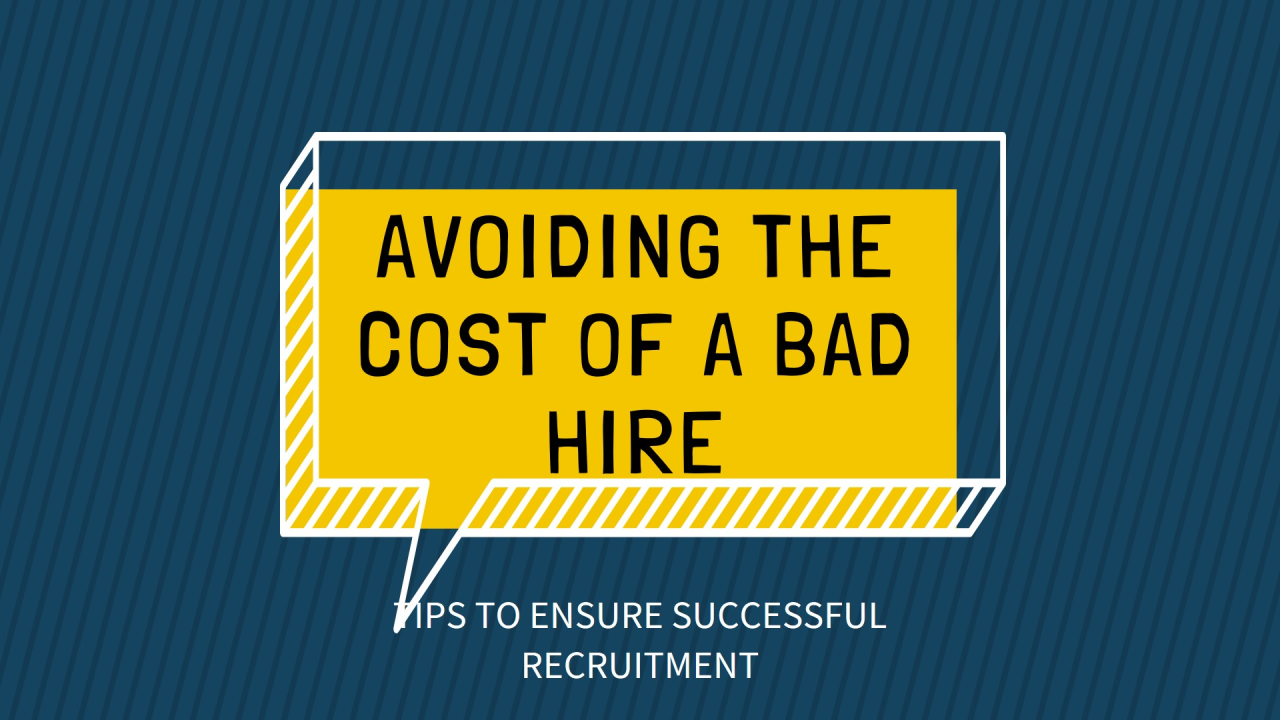If you’re hiring this year, one of the most common questions you’ll get is: “how far back does a background check go?” The real answer is “it depends” — on federal rules, state law, and whether a record has been sealed or expunged under a Clean Slate program. Below is a plain-English guide you can use today, plus a quick set of examples for high-hire states.
Federal (FCRA) baseline:
• Criminal convictions can be reported without a time limit under federal law.
• Non-convictions (for example, arrests that didn’t lead to a conviction) have a 7-year reporting limit.
States can be stricter. A few states (for example, California, New York, Massachusetts) generally limit reporting of convictions to 7 years (often with salary-based exceptions). Always check the exact statute before making a decision.
Clean Slate laws (NY, PA, MI, UT and others) automatically seal or expunge certain older convictions. If a record is sealed or expunged, don’t use it for hiring decisions.
Federal rules in one minute
FCRA §605(a) (15 U.S.C. §1681c) sets the national floor: no time limit on convictions, but adverse items that aren’t convictions (like arrests without conviction, most civil judgments, certain debts) are limited to 7 years. The CFPB has reaffirmed that a later non-conviction disposition does not restart the seven-year clock for an old arrest.
Clean Slate laws you should know (2024–2025)
• New York Clean Slate Act: effective November 16, 2024; the courts have up to November 16, 2027 to fully automate sealing of eligible convictions. Sealed records are off-limits for most civil background-check purposes.
• Pennsylvania Clean Slate 3.0: expanded eligibility and began auto-sealing under the 2024 update; rollout milestones continued in 2025.
• Michigan Clean Slate: automatic expungement started April 11, 2023; many older low-level convictions are being set aside in bulk.
• Utah Clean Slate: automatic expungement for many misdemeanors, adopted in 2019 with phased implementation.
What this means for hiring with HireShield: if a record is sealed or expunged under these laws, HireShield excludes it from your employment report, and we’ll flag when a candidate says they believe a record should be sealed so you can pause and investigate.
Common hiring scenarios (and what to do)
Eight-year-old conviction in California
ICRAA’s 7-year limit likely bars reporting in an employment report (measured from disposition, release, or parole). If it still appears elsewhere, treat it as a quality-control issue and request re-investigation.
Ten-year-old conviction in New York
If the role’s salary is under $25,000, that conviction is generally out of lookback under New York’s state FCRA; at or above $25,000, the exception may allow reporting. Confirm with counsel — New York’s rules are nuanced.
Fifteen-year-old conviction in Texas
Under the federal FCRA, convictions can be reported without a time limit; state code shows a 7-year structure with a $75,000 exception, but aspects are preempted. Many CRAs will report it; use a fair-chance, job-related assessment before any adverse action.
Arrest from nine years ago (no conviction)
Exclude under the FCRA’s 7-year limit for non-convictions.
FAQs employers ask us
Does the “7-year clock” restart if there’s a later dismissal or other disposition?
No. A later non-conviction disposition does not reopen the reporting window for an old arrest.
If Clean Slate seals a record after I ran the check, what then?
If the candidate tells you a record has been sealed, pause, let HireShield re-investigate, and re-run any individualized assessment with the updated report and your counsel’s guidance.
Can we just use a flat “7-year” rule everywhere?
Not safely. You’ll be too strict in some states and too loose in others — and you could miss or misuse Clean Slate-affected data. Use HireShield to apply the right rule per state and record type.



